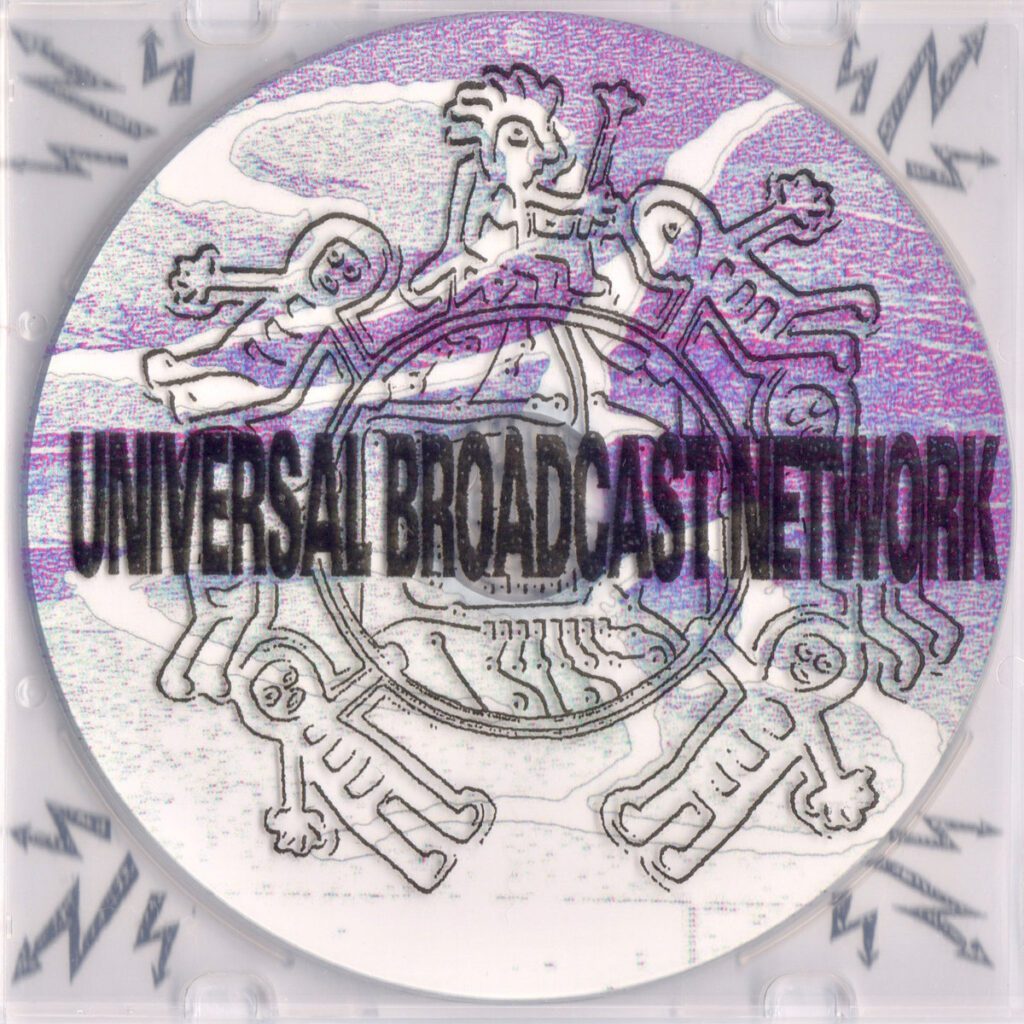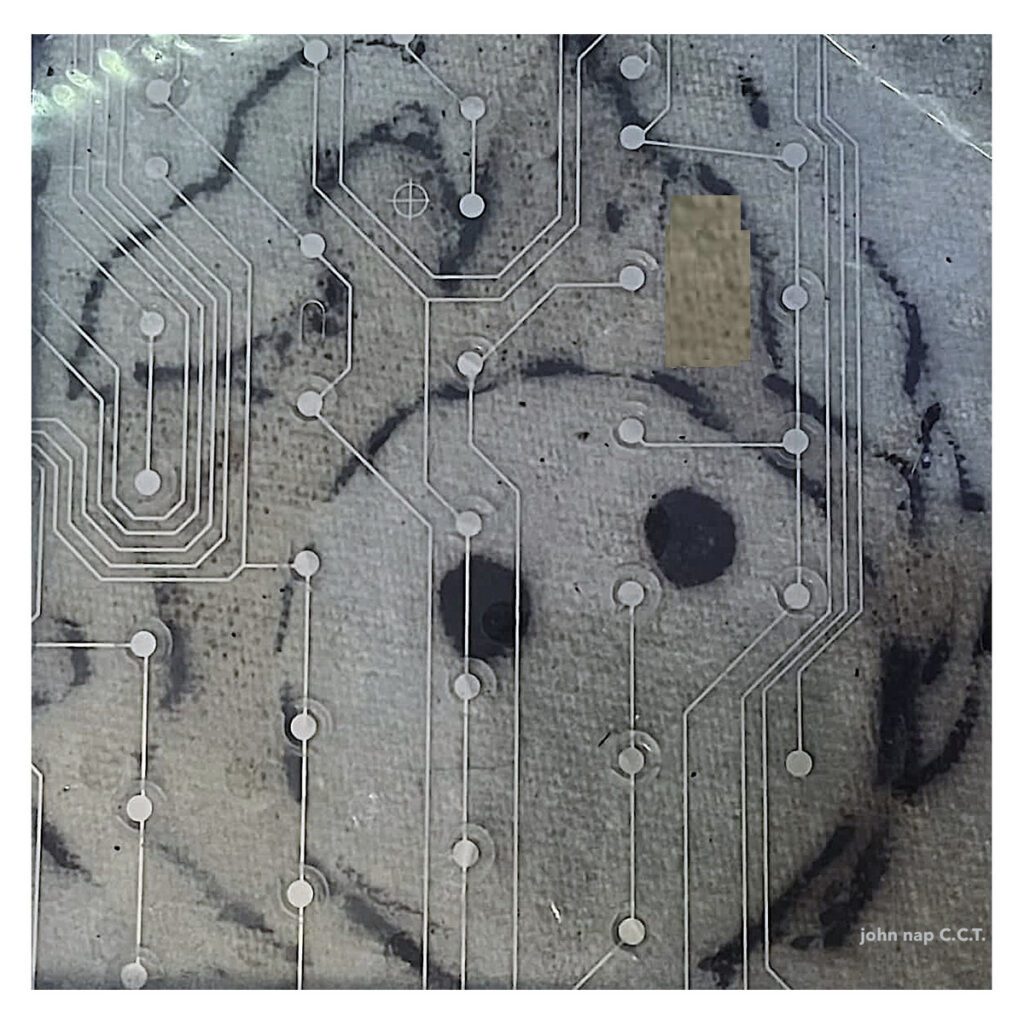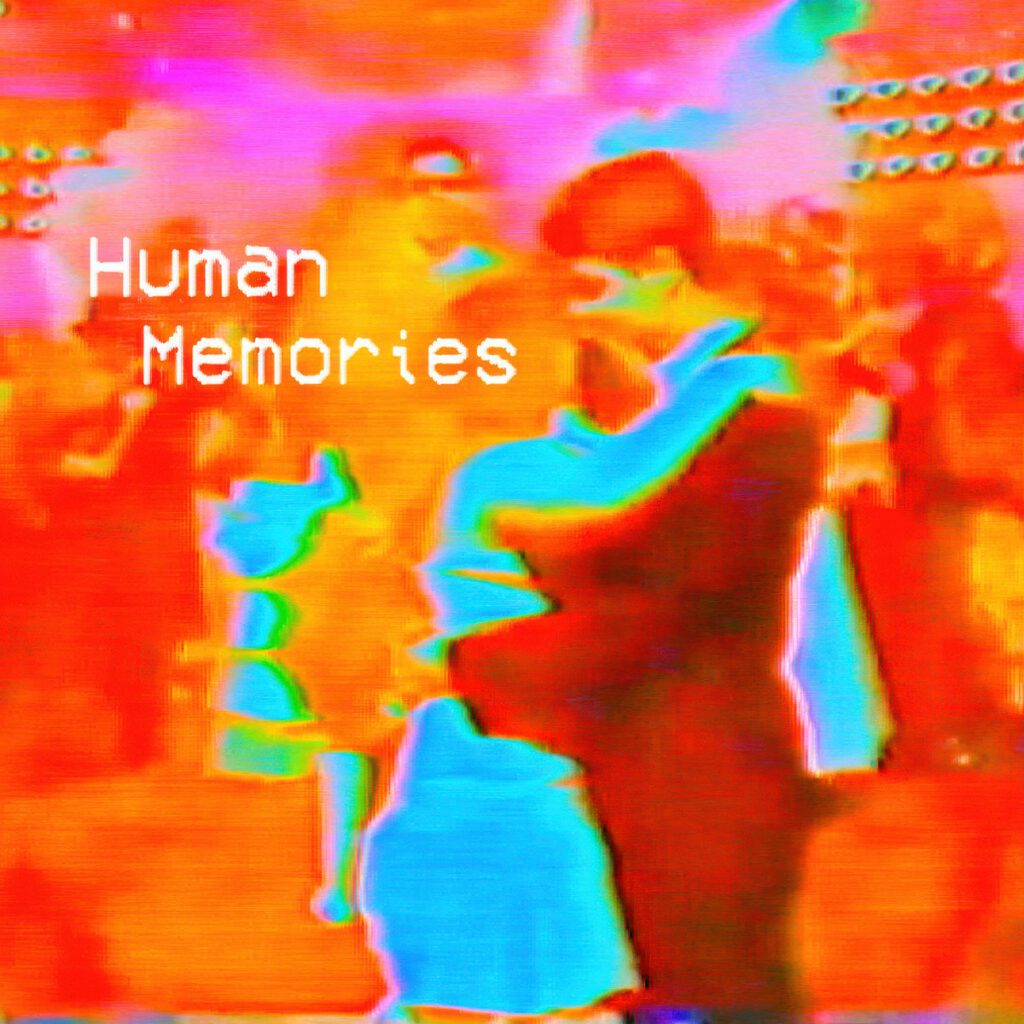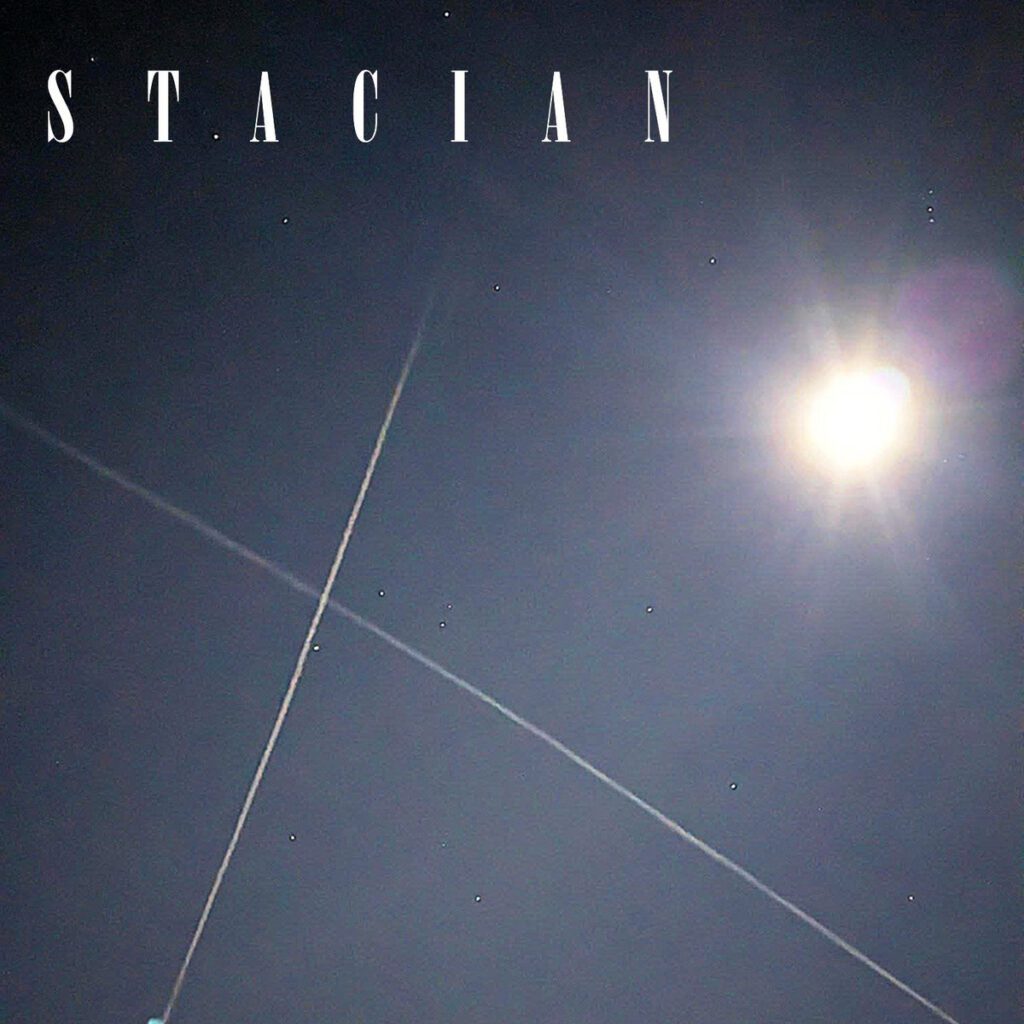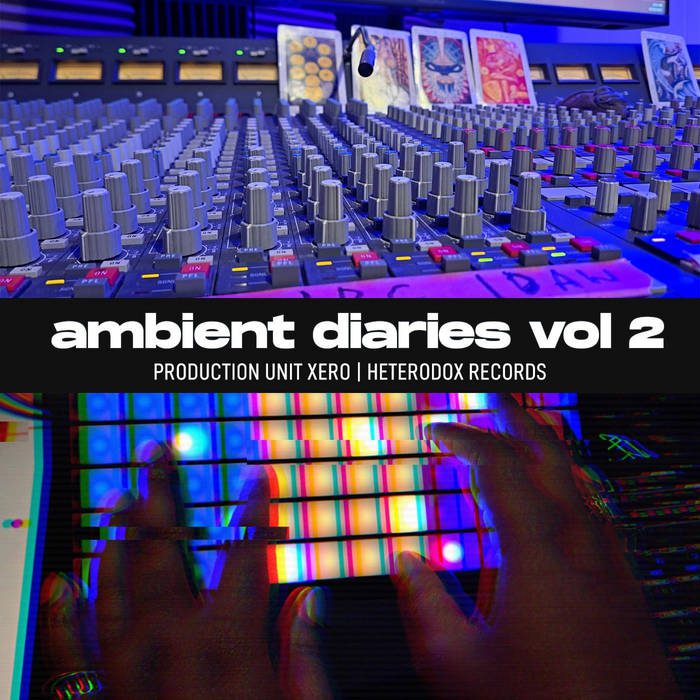Josh White – Southern Exposure: An Album Of Jim Crow Blues (1941) – Album Review
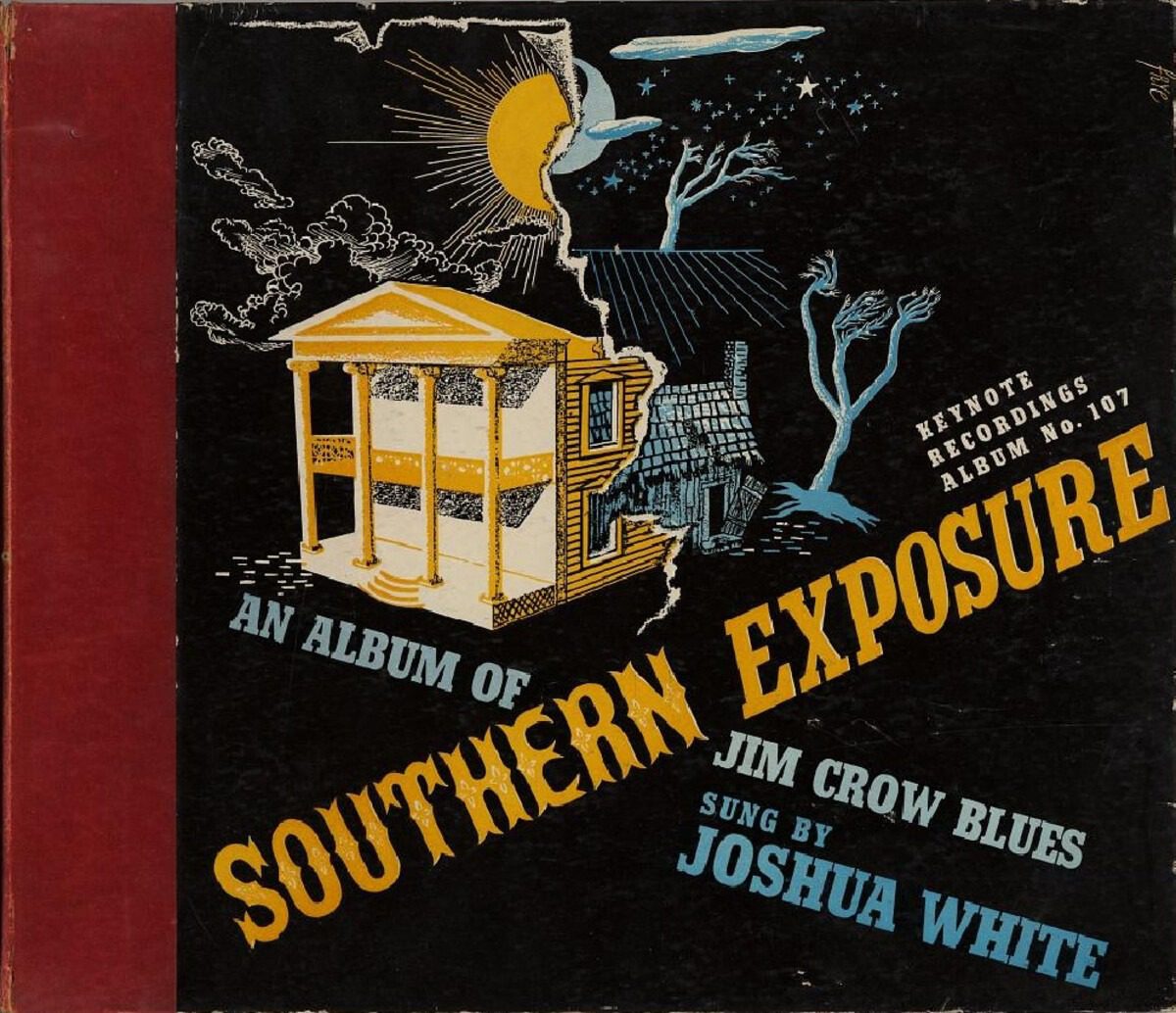
Album: Southern Exposure: An Album Of Jim Crow Blues
Artist: Josh White
Release Date: 1941
Few things reveal the Dunning–Kruger effect more clearly than the tendency of people to dissect the blues without grappling with its context. It’s why I can’t stomach most of the articles on music websites covering the blues. Much of the existing commentary, especially from non-Black writers, fails to account for the depth of lived experience that shaped the form. I do not claim expertise myself, and I recognize that I cannot “know” the blues in the same way as those who lived, breathed and endured those tumultuous and shameful times. What I can critique, I think, is the cultural machinery that distorts and dilutes it. It’s a machine that churns and grinds down culture into a slurry – a kind of gooey glob of confusion. This machine can also flatten history into black-and-white images of Civil Rights marches and repackages America’s greatest art form into lifeless Spotify compilations with poor transfers and generic titles, stripping the music of urgency and meaning – or turning it into shitty rock music. One cannot analyze what one has never learned to truly hear. In an era where declarations against fascism and racism are plentiful, there is one essential act that is often neglected: listening. Josh White makes it easy.
With track titles like “Uncle Sam Says”, “Jim Crow Train,” “Bad Housing Blues” & “Defense Factory Blues,” White takes you by the hand and makes sure you can’t miss the point. Released in 1941, Southern Exposure: An Album Of Jim Crow Blues remains to this day a landmark in blues history and an early cultural document of the Civil Rights struggle; in a country that wasn’t quite sure if they were ready to fight Nazis, while also still about 25 years away from the Civil Rights Act. White takes you by the hand and shows you the map of segregation, poverty, and hypocrisy in America. He teamed up with Richard Wright (author of Native Son) who provided sharp, satirical and deliberately confrontational lyrics.
In “Uncle Sam Says“, he’s literally asking why Black men are asked to fight for America while still being denied equal rights at home. “Bad Housing Blues” is about, you guessed it, discriminatory housing policies, substandard living conditions and the refusal of white institutions to provide decent housing for Black families. Hell, he even wrote the “Defense Factory Blues” as a direct jab towards the war economy. The songs spelled out systemic inequality so plainly that even listeners unfamiliar with Black life in the South could understand that this was all fucked up. For many white listeners in the northern United States, it was the first time they’d been forced to hear about Jim Crow without filters or polite phrasing.
The album’s impact extended into the political sphere. Josh White caught the attention of Eleanor Roosevelt and she invited him to perform at the White House. The first command performance by a black artist in the White House’s history. After his White House performance, White was pulled aside by Roosevelt for long conversations and soon after a friendship developed. White gave five more command performances, appeared at two Inaugurations, and often joined the Roosevelt family for holidays at Hyde Park.
At a moment when the United States was preparing to confront fascism abroad while maintaining racial apartheid at home, Josh White and Richard Wright offered a musical testimony that refused to soften its critique. For contemporary audiences, the challenge is simple: listen. Not as background music, not as some cultural artifact under glass, but as testimony that still speaks to structures of inequality that persist to this day. Southern Exposure remains essential not because it’s “important” in the abstract, but because it continues to force its listeners to hear the voices of those who lived under Jim Crow – voices too often sanitized, forgotten, or buried.
The album is available for free on archive.org: here or embedded below



